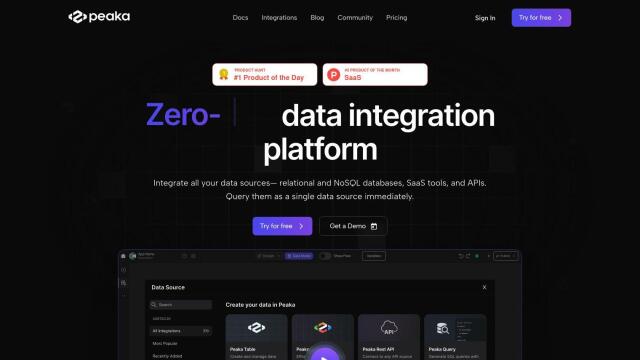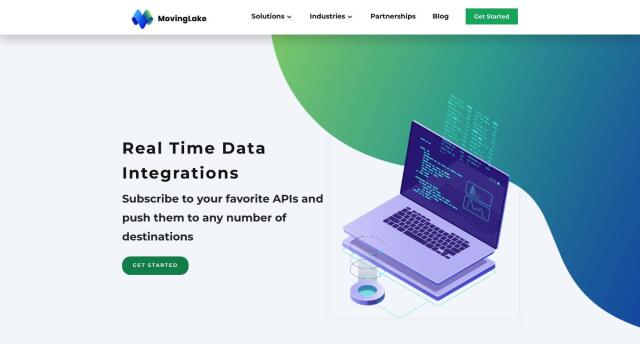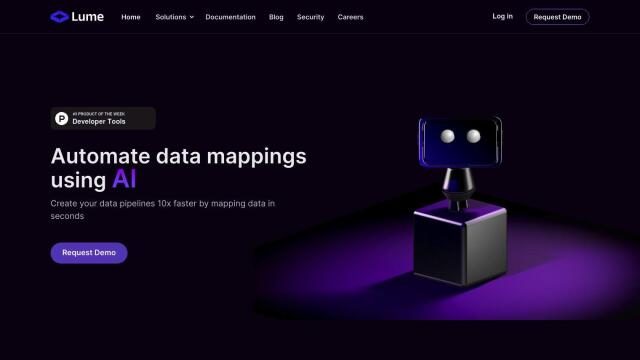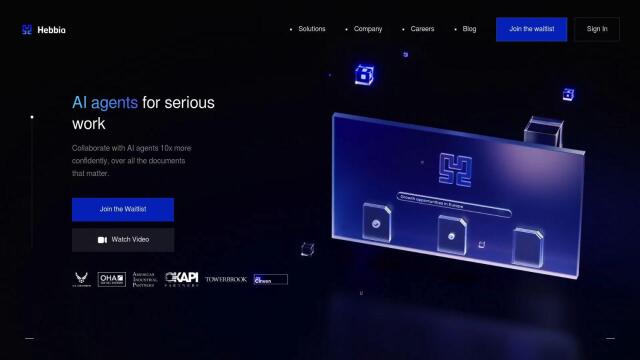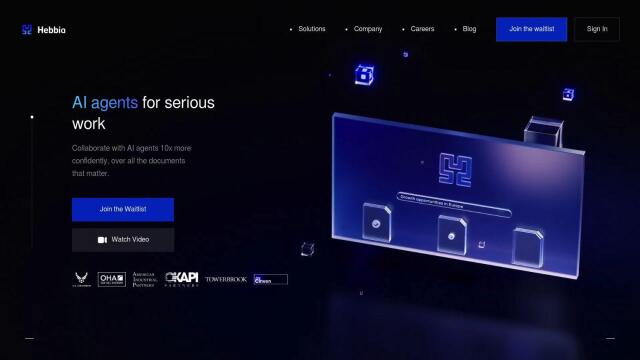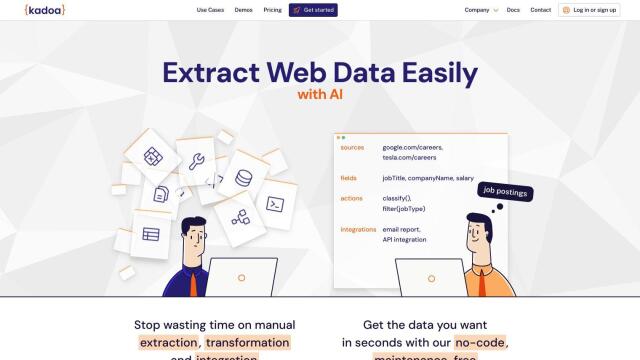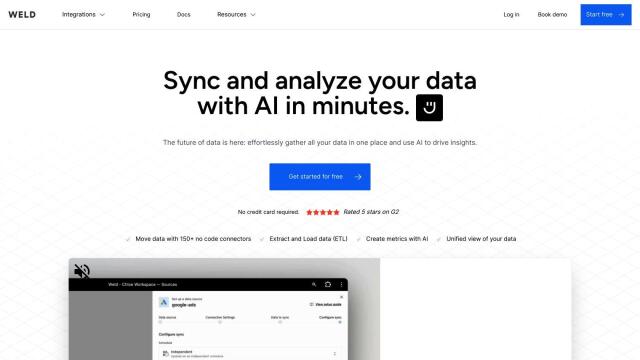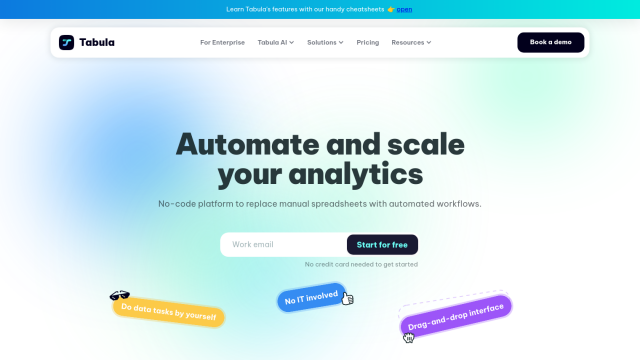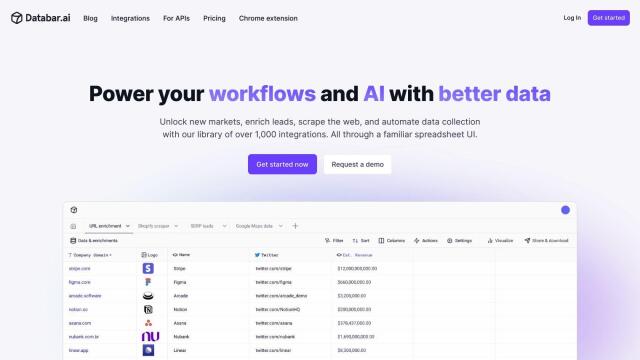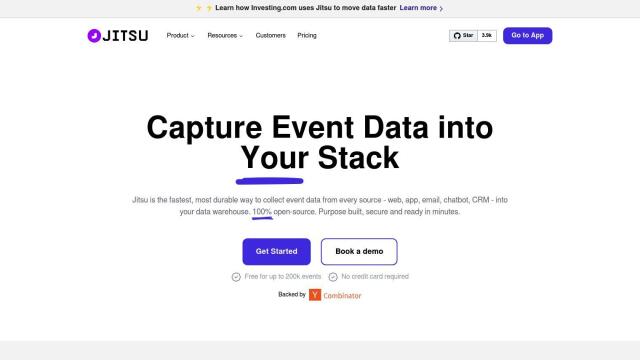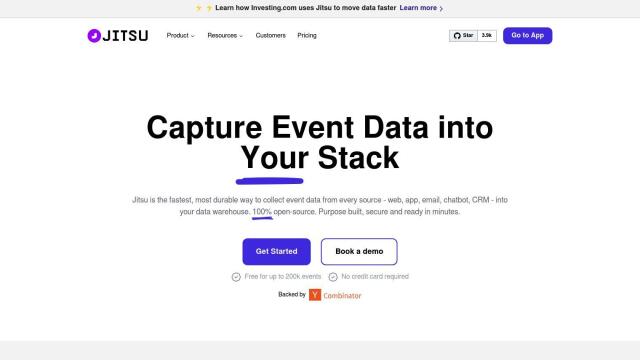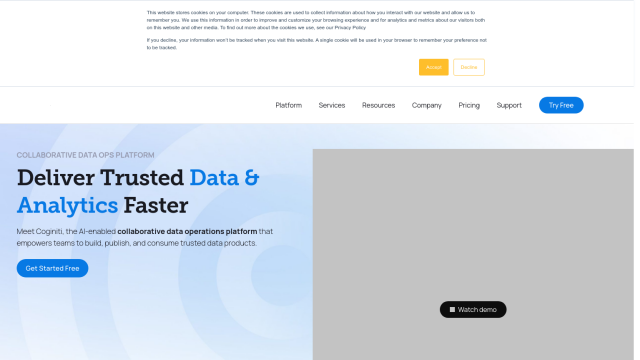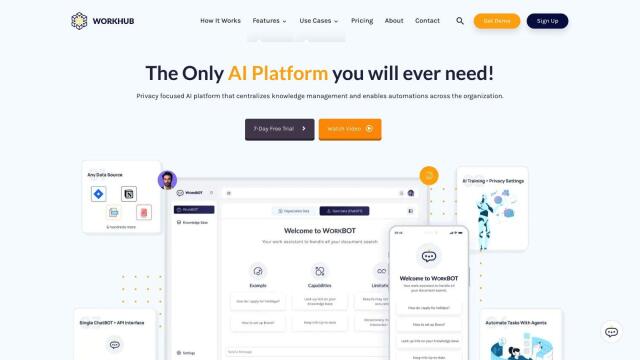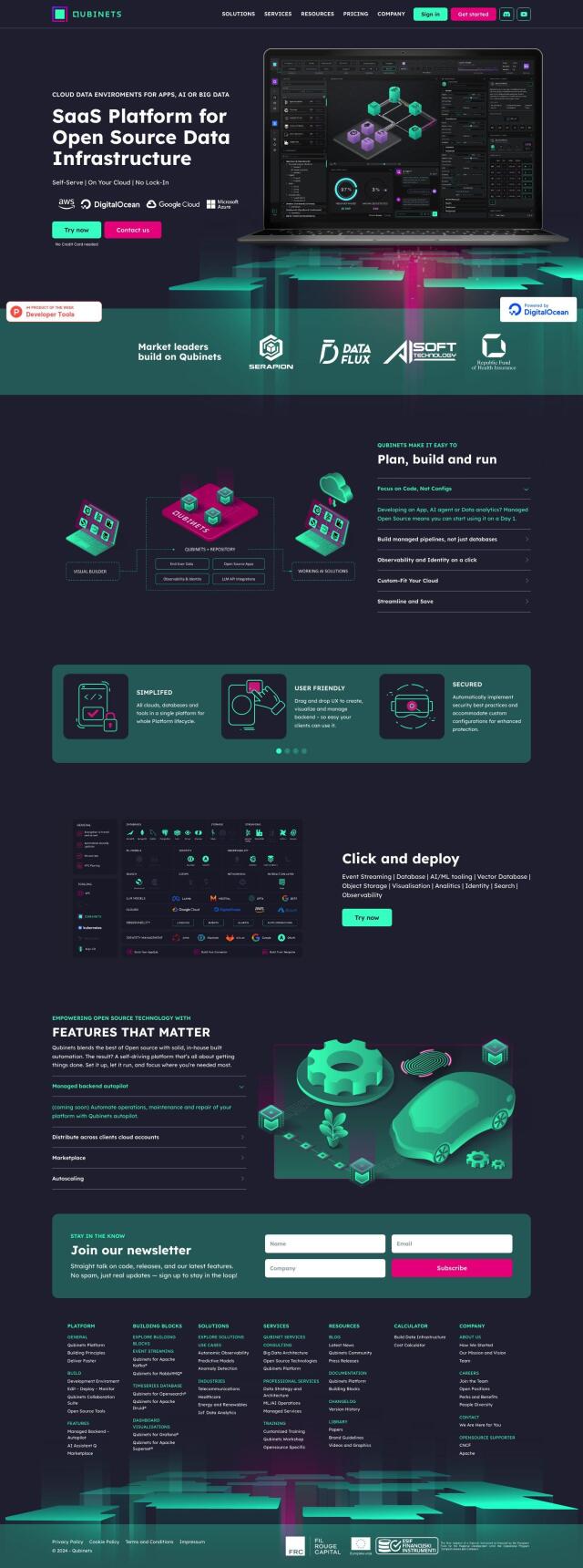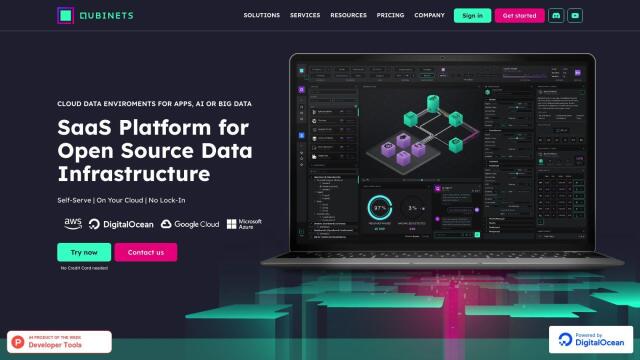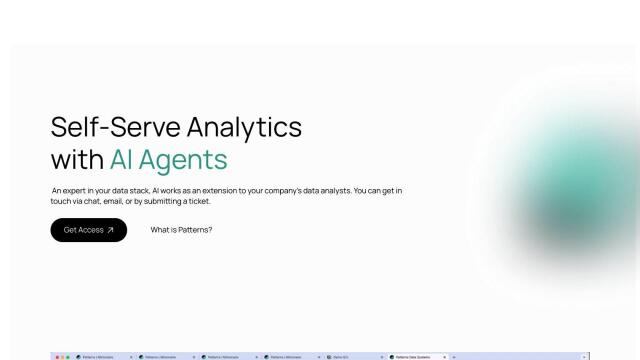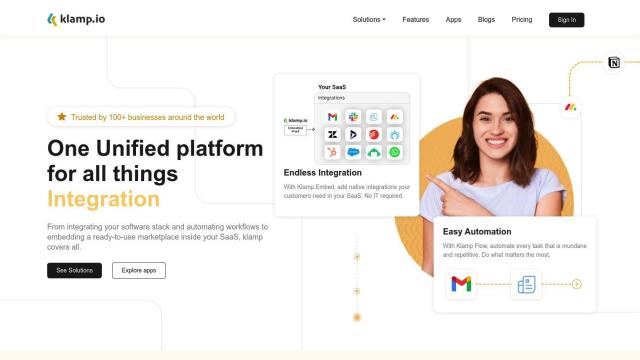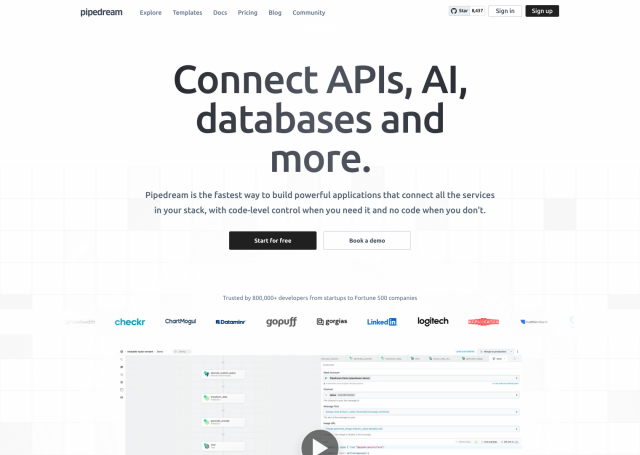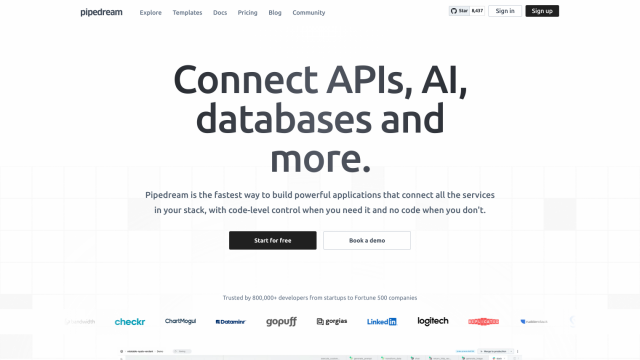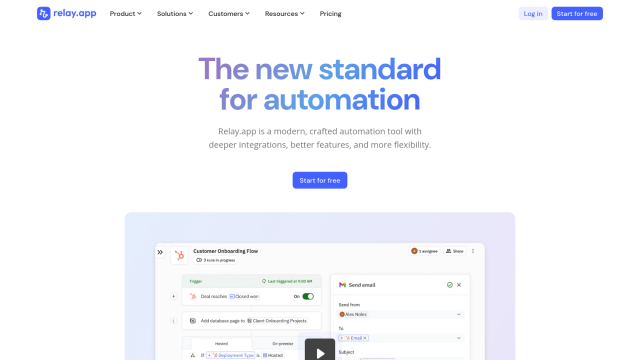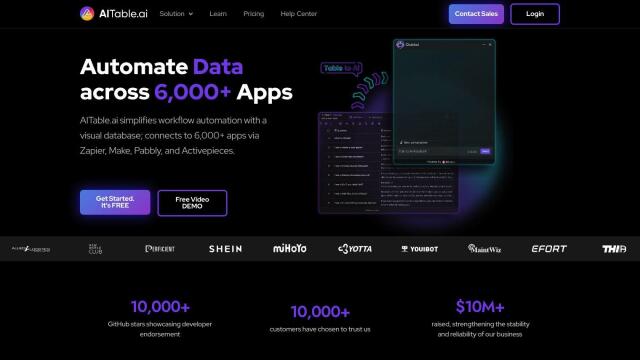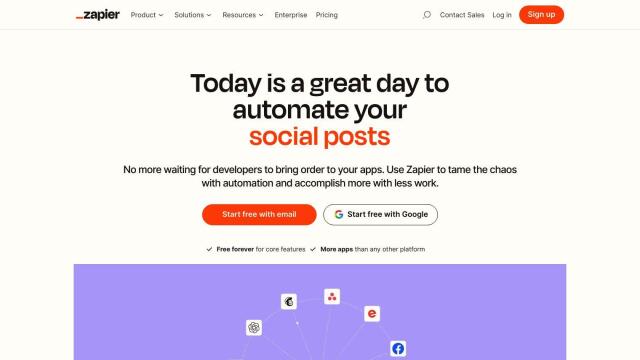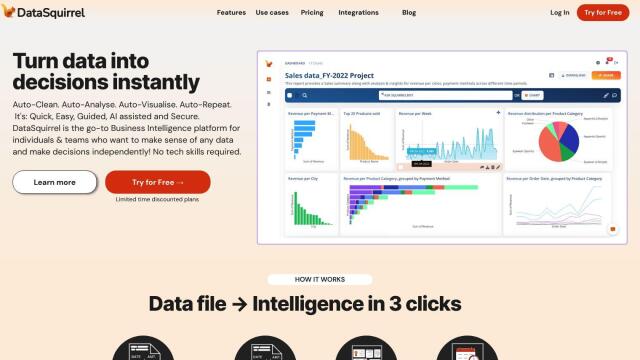Question: I'm looking for a solution that automates data integration and processing from multiple sources, can you suggest something?
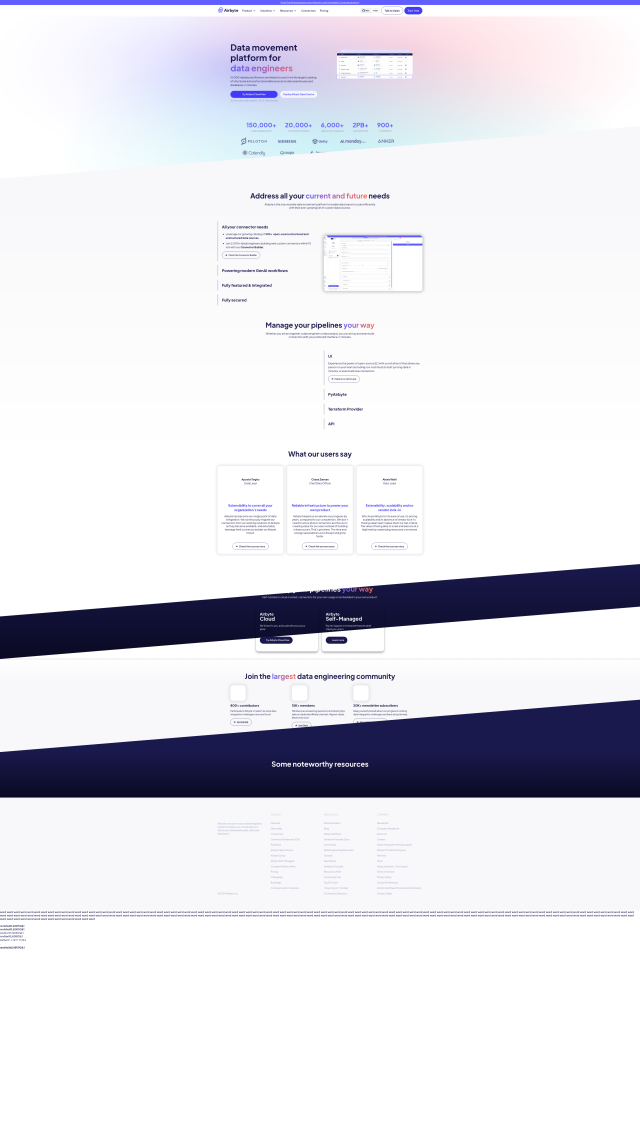
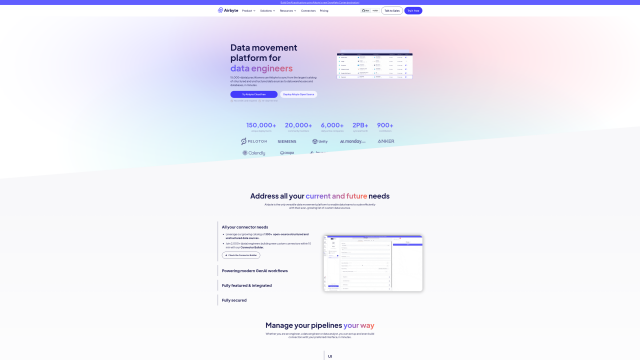
Airbyte
If you need something to automate data integration and processing from a variety of sources, Airbyte is worth a look. The open-source software lets you move data efficiently from more than 300 structured and unstructured data sources to a variety of destinations, and it's geared for data engineers, AI engineers, analytics engineers and data analysts. Among its features are a Connector Builder for building custom connectors, support for unstructured data, and security features like single sign-on and support for major regulations. It can be deployed in a variety of ways and managed through a UI, Python library or Terraform provider.

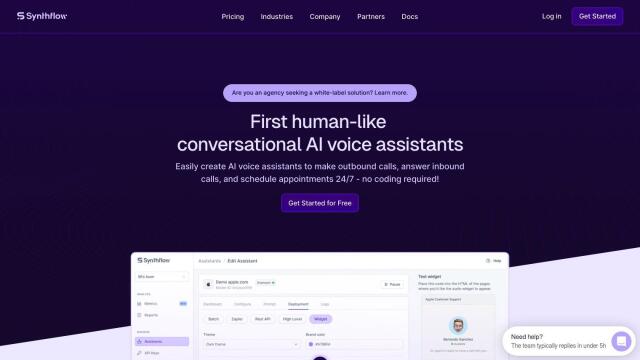
Synthflow AI
Another option is Synthflow AI, which uses AI to automate data integration, transformation and processing from different sources. The software is designed to minimize the need for manual coding, with features like smart data transformation and real-time data quality checks. It's geared for data-rich companies that want to streamline data flow and speed up processing tasks.

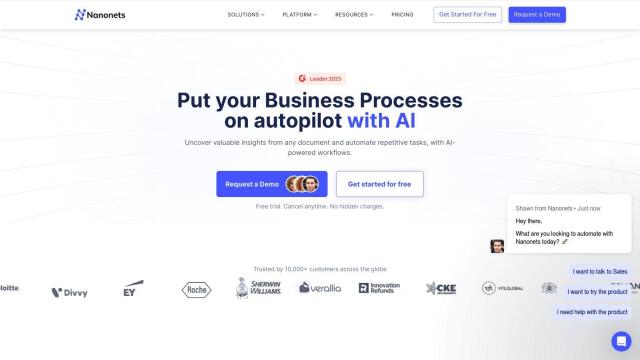
Nanonets
If you need to wring insights out of unstructured data, Nanonets is an AI-powered automation tool. It can extract useful information from documents, emails, tickets and databases and automate repetitive tasks through automated workflows. Nanonets protects data privacy and integrity with compliance with strict regulations like GDPR and HIPAA, so it's good for companies in finance, manufacturing and health care.

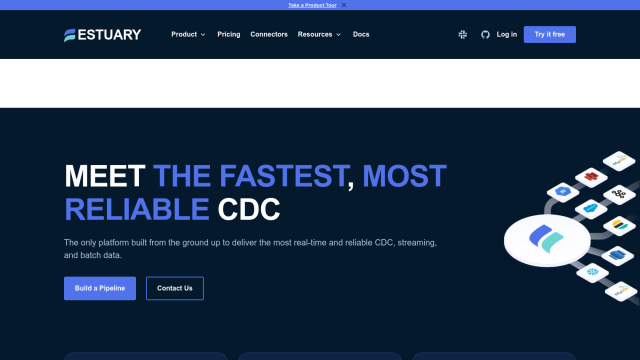
Estuary
Last, Estuary is notable for real-time data integration, in particular with its change data capture (CDC), ETL and streaming pipelines. The company's software has no-code connectors, stream-store-replay and materialization for loading data into destinations. It's geared for fast DataOps, with sub-100ms end-to-end latency and flexible materializations, so it's a good option for automating data pipelines.



